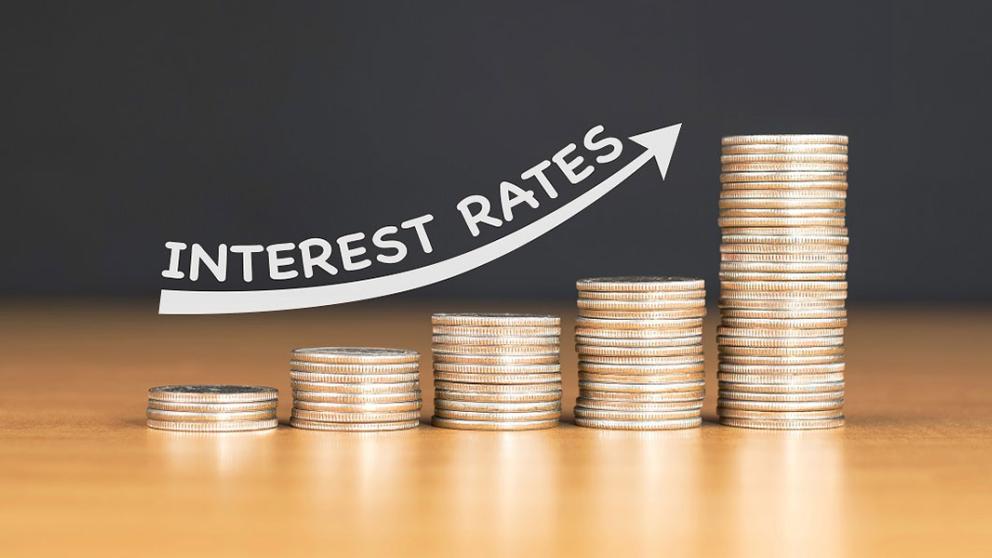
The Bank of England has today raised interest rates for the third time in as many meetings, in a bid to tackle rising inflation. Here Dr Tony Syme, and Dr Maria Rana, macroeconomic experts from the University of Salford Business School assess the decision.
Dr Syme said: “As the Bank of England say, “higher interest rates makes borrowing more expensive and it encourages saving. That reduces how much people spend overall. And this will help to keep inflation down”. But the decline in real wages and increasing pressure on household budgets is already reducing how much people spend anyway.
“The issues in the labour market should be the focus of government policy. For the Bank of England, they should take their lead from A.A. Milne: “doing nothing often leads to the very best of something.
“There are clear signals that there will be several more interest rate rises this year. The policy is designed to limit inflation which reached a 30-year high in January at 5.5%.
“But there is an inherent flaw within this policy. As the Bank of England say themselves, “higher interest rates don’t work straight away. They take time to take full effect. So when we use them, we always look at what will happen in the economy in one or two years’ time, not just what’s happening now”. And yet the same statement also says that “most of the current causes of the current high rate of inflation won’t last” and “we expect it [inflation] to be much closer to our 2% target in two years’ time”.
“The rate of increase in energy bills and petrol should certainly slow over the next two years, but there will be a ratchet effect. Whenever world oil prices go up, there is a corresponding rise in prices at the petrol pump. But we never see the same reduction in prices when world oil prices fall.
“The IFS reported that the 2010s had been the worst decade for real wage growth since the Napoleonic Wars. With the ONS reporting this week that real wages fell by the highest amount since 2014 and an increase in national insurance contributions by 1.25% is set to be confirmed by Rishi Sunak next week, it is clear that the current pay squeeze is likely to make this decade even worse for living standards than the last one.
“The Bank of England is worried about the high level of vacancies in the labour market, a measure of ‘tightness’, that may lead to employers raising wages to fill these vacancies. But the cause here is the reduction in the labour force. As the Institute for Employment Studies highlight, “there are now 1.1 million fewer people in the labour force than we would have expected based on pre-crisis trends”. Most of that is due to the over-50s withdrawing from the labour market, but due to a combination of Covid and Brexit, many EU nationals who worked in the UK have also returned to their countries of origin.
“According to the IFS, the increase in vacancies has “been driven entirely by low-paying occupations” with the health and social care industry having the highest number with 210,000 unfilled vacancies. These are the occupations that can least afford the rise in the price of food, utilities and petrol.”
And Dr Rana, said:
“With inflation and cost of living expected to increase even further in the second quarter of the year, after reaching a 30-year record high of 5.5% in January and expected to increase even further to more than 7% in April, the decision does not come as a surprise, being an attempt to control the increase in the general level of prices.
“Let’s be also reminded of the fact that the BoE was the first major central bank to start increasing interest rates in December 2021 since the hit of the pandemic, with the main concern also at that time on how far it would go and if it was the end of low-interest rates.
“There is a lot of uncertainty related now to the invasion of Ukraine, with consumer and business confidence likely to be affected, this is why one member of the committee did not vote for an increase but for rates to stay the same.
“Those who will be mostly and immediately affected by the increase in the cost of borrowing are homeowners on mortgages with variables rates and those whose fixed-rate mortgages are coming to an end and have to renegotiate, and clearly those applying for new mortgages (anticipating the rise, major commercial banks have started to increase the rates before the first increase of the BoE in December 2021).
“The increase in interest rates is good news for those with saving accounts, but those on lowest incomes who rely on loans for consumption, even more after the pandemic, will once again sadly pay the highest price.”
For all press office enquiries please email communications@salford.ac.uk.
Share:
